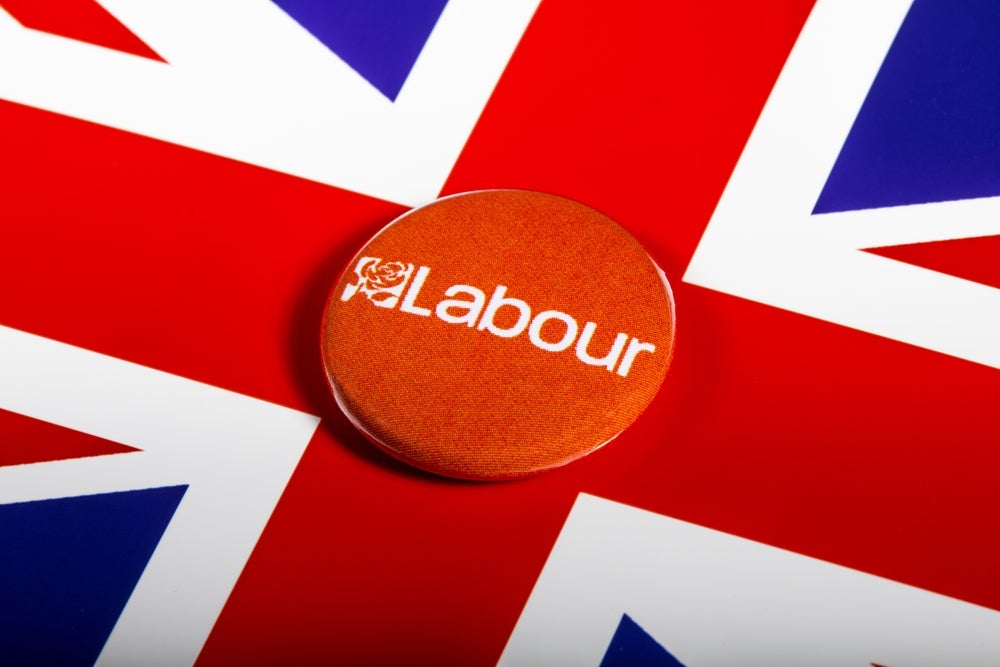The Labour Party is set to form the government after a landslide victory in the UK’s general election, ending 14 years of Conservative rule. Sir Keir Starmer, a former chief prosecutor and lawyer who entered Parliament in 2015, will become the new UK Prime Minister. Rachel Reeves is poised to become the first woman Chancellor of the Exchequer.
Incumbent PM Rishi Sunak has led the Conservatives to their worst result in over a century, with more than a dozen Tory Cabinet members and party heavyweights losing their seats.
With Labour in control of the economy, a report from Bloomberg last week has shed light on Labour’s plans under Starmer and Reeves to stimulate billions of pounds in new private investment in Britain, aiming to achieve ambitious growth goals without resorting to significant tax hikes or borrowing.
Of interest to the asset finance and leasing community is that Labour’s strategy involves new financial instruments to attract institutional investors and potential government risk-sharing in key projects such as the green transition.
Labour plans a global investment summit within 100 days of taking office and has engaged with major investment firms through the British Infrastructure Council.
Bloomberg reported that Labour hopes to replicate the success of the state-owned Green Investment Bank, which achieved significant private-sector investment returns before its sale in 2017.
This approach revisits the late 1990s and early 2000s Labour government’s use of private finance initiatives (PFIs) despite their controversial history.



